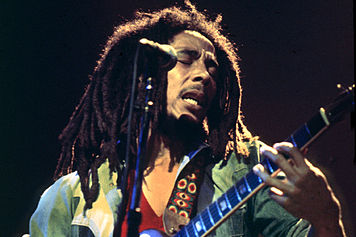
OLA ROTIMI - THE GREAT PLAYWRIGHT/DRAMATIST OF OUR TIME
ROTIMI, Ola (1938-2000), Nigerian dramatist, was born in Bendel State, Nigeria to a Yoruba father and Ijaw mother. After study in the USA, where some of his early plays were performed (including Our Husband Has Gone Mad Again, at Yale in 1966), he returned to Nigeria and in 1967 was appointed to the University of Ife (now Obafemi Awolowo University), where he was a leading founder of the Ori Olokun Theatre.
Rotimi's plays from this period - The Gods Are Not To Blame (1971), Kurunmi (1971), Ovonramwen Nogbaisi (1974) - are among the best known of all Nigerian plays, frequently set as school texts and (especially The Gods) widely performed. In 1977 Rotimi left Ife and joined the University of Port Harcourt, where he remained until 1992, returning then to Ife to establish a professional company, African Cradle Theatre.
Although several radio plays, a large-scale historical play entitled Akassa Youmi (first performed 1977), and a popular short Pidgin comedy, Grip 'Am (adapted from a Yoruba play by Agedoke Durojaiye), remain unpublished, the seven published plays demonstrate Rotimi's versatility. Our Husband Has Gone Mad Again (1974) is a genial political satire (with a somewhat wavering aim); Holding Talks (1979) is much less genial, an often scathingly funny satire on the abuse of language in the interests of power relations.
The Gods Are Not To Blame, one of many Nigerian adaptations of earlier stage plays, reworks Sophocles' Oedipus in the context of a pre-colonial Yoruba court. Although this play has provoked critical controversy (over its language, and its perceived cultural contradiction), it is undeniably a compelling experience when effectively staged. Kurunmi and Ovonramwen Nogbaisi are historical plays that deal with crises in nineteenth-century Yoruba and Benin history respectively. These plays have been criticized on ideological grounds, the suggestion being that here Rotimi becomes fixated with the trials of the tragic leader-figure and neglects to explore the conservative nature of the state and the conservative implications of so massively foregrounding the role of the governing elite.
Two more recent plays have also been highly successful in production: If (1983) and Hopes of the Living Dead (1988). The former deals with the lives of the inhabitants of a working-class city tenement. Here Rotimi focuses, with humour and with sharp sympathetic concern, on economic privation and political manipulation. Hopes dramatizes strategies for collaboration against oppression, drawing on an event from the 1920s when, under Ikoli Harcourt Whyte's guidance, a group of lepers resisted attempts by the colonial authorities to have them evicted from a Port Harcourt hospital. If and Hopes are Rotimi's most successful attempts to date to popularize literary drama.
He's one of those that left an indelible mark in Nigeria Theatre industry which we find the vacuum very difficult to fill.
OLA ROTIMI LIVES ON -your works speaks for you




